Our Members Asked:
Are there vitamins or supplements that can reduce my risk of breast cancer? Do any increase cancer risk?
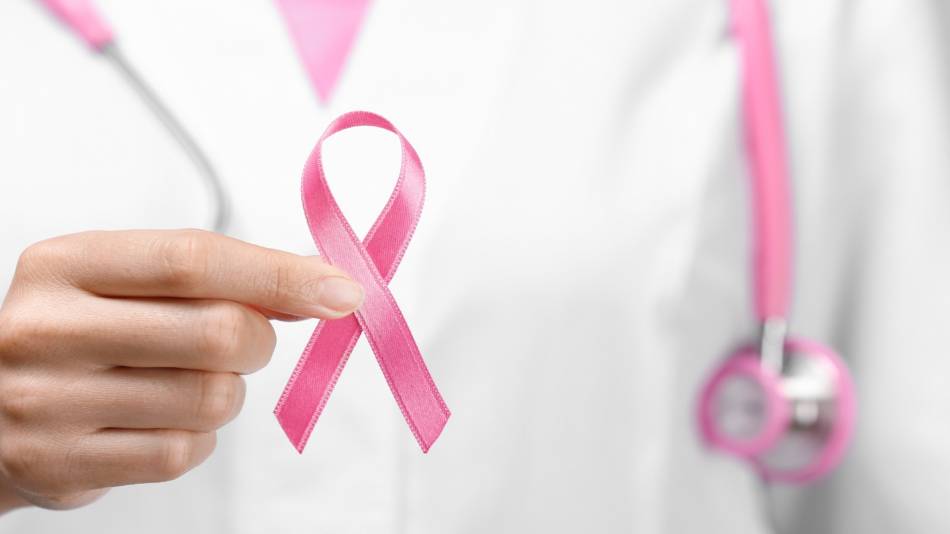
Answer:
Although there is not enough evidence to support the use of a particular vitamin or supplement to directly reduce the risk of breast cancer, associations have been found between intake of certain foods and food-based nutrients - such as omega-3 fatty acids, extra virgin olive oil, vitamin C and others - and a reduced risk of breast cancer, as discussed below. At the same time, an increase in the risk of breast cancer has been identified with certain other foods and supplements, as discussed further below. Use the links for more details.
Supplements and foods associated with reduced breast cancer risk
Fish oil supplementation was associated with a reduced risk of breast cancer. Eating fish is associated with a lower risk of recurrence, and risk of death, from breast cancer and eating fish is associated with a lower risk of recurrence, and risk of death, from breast cancer. In women with early stage breast cancer, higher intakes of the omega-3 fatty acids DHA and EPA from fish have been associated with a 25% lower risk of breast cancer recurrence.
Maintaining a Mediterranean diet supplemented with extra virgin olive oil was associated with a lower risk of breast cancer compared to a low-fat diet, according to one study.
Women who eat a lot of soy early in life may have a lower risk of breast cancer. Supplementing with soy isoflavones before menopause may reduce dense breast tissue, a biomarker for breast cancer risk, but it is unclear if soy isoflavone supplements reduce the incidence of breast cancer (be aware that soy isoflavones may not be safe for women with estrogen-sensitive breast cancer).
Higher dietary intakes of choline have also been associated with a reduced risk of breast cancer. (However, choline intake may also trigger the creation of a compound, TMAO, that can increase the risk of cardiovascular disease.)
Similarly, preliminary research suggests that higher intakes of CLA (conjugated linoleic acid) from foods are associated with a reduced risk of breast cancer in postmenopausal women. [Note: This association is with foods with CLA, not supplements — which can potentially adversely affect the liver. Increased lutein intake has been associated with a reduced risk of breast cancer, and population studies suggest that vitamin A (both pre-formed and beta-carotene) may also reduce the risk, but studies are needed to investigate the effects of these nutrients when taken as supplements.
Population studies have found drinking green tea to be associated with a reduced risk of breast cancer recurrence, but studies have not been consistent regarding an overall effect on breast cancer risk.
Higher blood levels of vitamin D have been associated with higher overall survival rates among women with breast cancer.
A study among older women with invasive breast cancer found those who took a daily multivitamin were 30% less likely to die from the disease, compared to non-users, over a seven year period.
Supplements and foods associated with an increased risk of breast cancer risk
High intake of vitamin C from food was associated with a decreased risk of postmenopausal breast cancer in one study; however, the same study also found that women with a high intake of vitamin C from food who also took vitamin C supplements had an increased risk.
Although not confirmed in humans, preliminary laboratory evidence in mice suggests that nicotinamide riboside, a source of vitamin B-3, might increase the risk and metastasis (i.e., spread) of highly aggressive, triple negative breast cancer.
Cow's milk contains estrogens (lower amounts are found yogurt and cheese), as well as insulin-like growth factor-1 (IGF-1), hormones that can play a role in breast cancer development. Nevertheless, as noted by the National Breast Cancer Association, several studies did not find a link between the consumption of dairy or dairy milk (i.e., cow's milk) and the risk of breast cancer. However, in 2020, a large study that followed over 50,000 women (average age 57) in the U.S. and Canada for an average of eight years found that drinking 1/4 to 1/3 cup of dairy milk per day was associated with a 30% increase in the risk of developing breast cancer compared to drinking little or no milk. Drinking 1 cup of milk per day was associated with a 50% increase in risk, and drinking 2 to 3 cups per day was associated with a 70 to 80% increase in risk. The type of dairy milk (full fat, reduced, or nonfat) was not a factor. Intakes of cheese, yogurt, soy milk, or other soy products were not associated with breast cancer risk (Fraser, Int J Epidemiol 2020).
A note of caution: Be aware that it may be dangerous to use antioxidant supplements during chemotherapy and radiation therapy for breast cancer, as this has been associated with lower survival and higher recurrence rates.
See the American Cancer Society's website for more information about nutrition and cancer prevention, as well as other lifestyle factors which can be addressed, such as alcohol intake and bodyweight.
Join today to unlock all member benefits including full access to all CL Answers and over 1,400 reviews.
Join NowAlready a member? Sign In Here.
Join now at www.consumerlab.com/join/

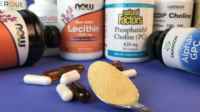
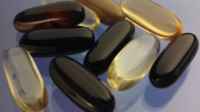
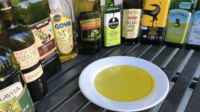
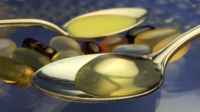
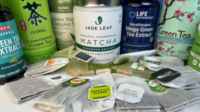
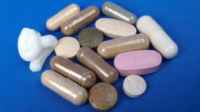
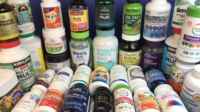
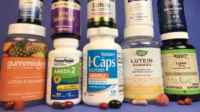
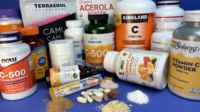
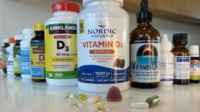
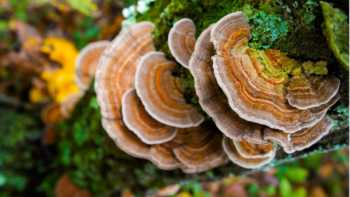
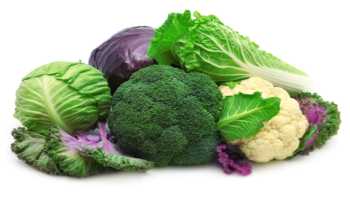
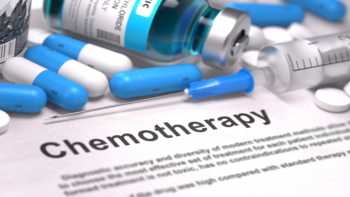
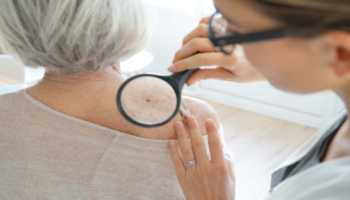
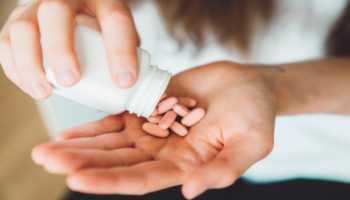
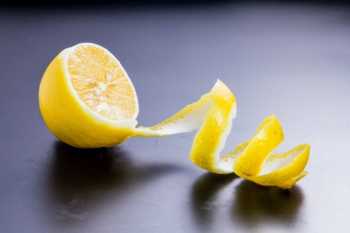
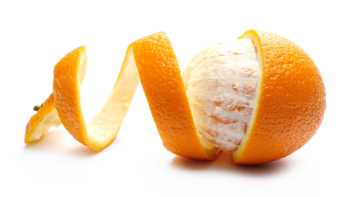
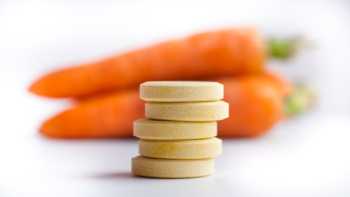





Submit your comment
This feature is restricted to active members.
Join now to add comments and get all member benefits, including over 1,400 reviews.
Join NowAlready a member? Sign in here.